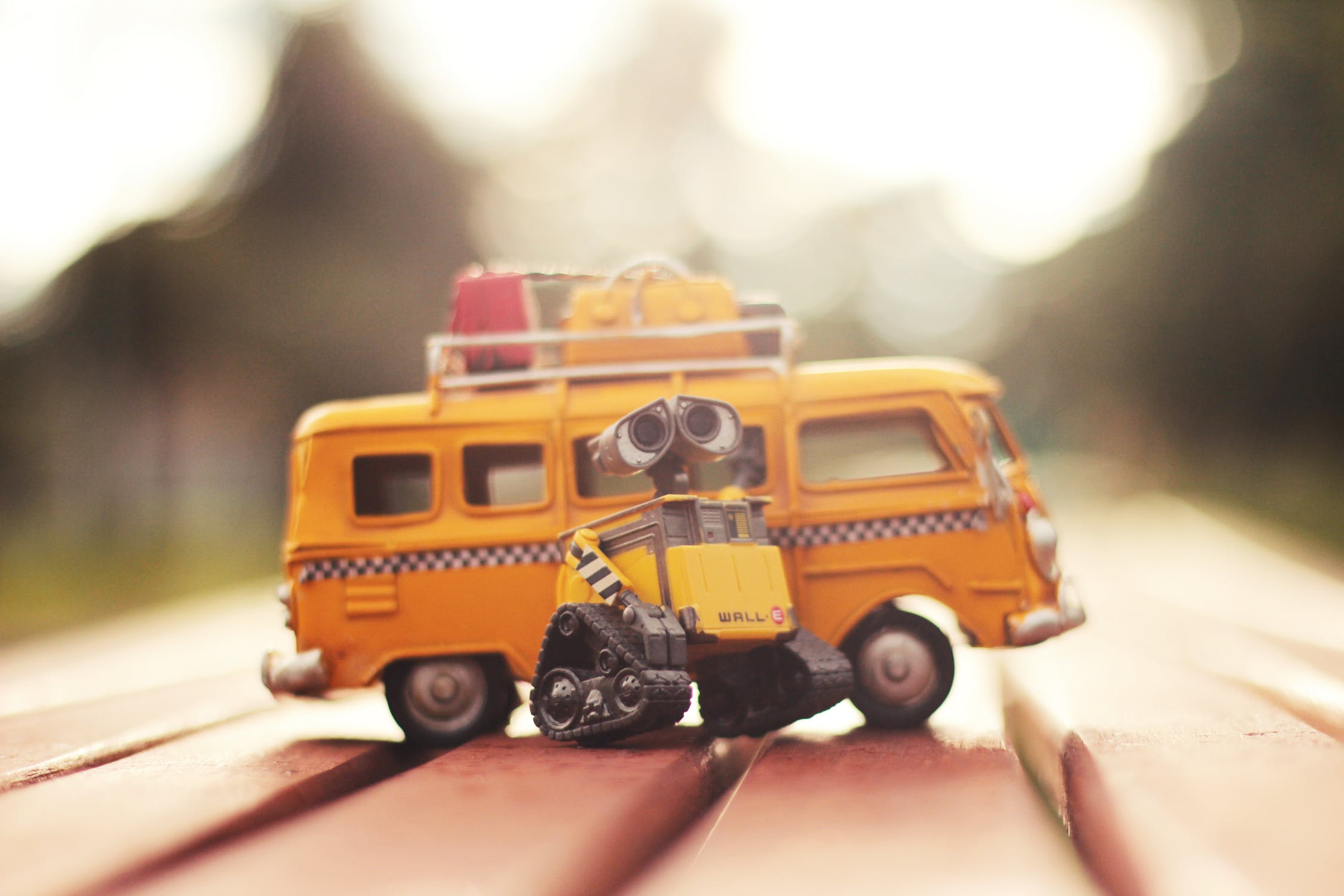why digital assistants failed before and what could be different now
Since Siri got introduced for the iPhone 4S back in 2011, digital assistants are back on everyones agenda. We've come a long way since then, from hype, to anger, to bargaining, depression, and soon, maybe, acceptance. Or maybe not.
Like most will recall, there was a time before alexa, where digital assistants where found on our devices. Just like there was a time where we had touch-screens, or VR, or 3D. The first encounters with new technology aren't necessarily all too satisfying. And so it happens that even though we remember digital assistants like clippy, we really wish we wouldn't.
After another decade with a new generation of digital assistants and google showcasing videos where an AI places appointments via telephone, it might be time to ask a couple of questions. Why did digital assistants fail the first time around? What is different this time? And is it enough, to make the little helpers stick with the masses?
What went wrong?
One thing we all too easily forget is written down in the title and lyrics of a popular Bob Dylan song. "The time's are a changing" and because they are, the world the first generation of digital assistants where born into, looked very different then the world we live in today.
In 1997 only 36.6% of American households owned a Computer. In 2014 we where up to a whopping 85.1%. So, while Computers where already a big thing back then, it is save to say that they where still new to most people.
Thats why the role of agents was a different one as well. While today you use them mostly when you have your hands full, back then they where first and foremost a really annoying tutorial to the world of computers. Microsoft for example, used them to make their products feel more human, and thus raise their acceptance.

They even build an entire operating system around the concept of making it seem more familiar to new users. This OS was called "Microsoft Bob" and brought to life all time favorites like the font "Comic Sans" and "Rover the dog".
Why didn't that concept work out as intended? As it turns out, the line between beeing helpful and beeing patronizing is a very thin one to walk. If you don't stick the landing, the action you took to increase acceptance of your product, might just have the opposite effect.
Beeing unable to turn of an assistant, or activating it accidentally, quickly takes away all the magic an helpful assistant might have build up and makes the software feel dumb and annoying instead. It evokes the feeling of beeing the only customer in a store and having the sales person breath behind your neck, waiting for something to help you with. It's the difference between that waiter you never see, unless you need something in which case he's already at your table, coffee in hand, and the one that tried to take your order for the 4th time while you're still working yourself through the menu.
Here's the catch though, the amount of help that feels right, highly differs from user to user. While one might appreciate the calender event automatically generated from the contents of an e-mail, another one might feel intruded and patronized. That's why learning and remembering a users preferences plays such an important role in the acceptance of software.
Clippit the friendly office clip popped up E V E R Y time you started writing a letter. And that's exactly why he doesn't pop up any more.

What is different today?
As already stated, the role digital assistants take today is very different from their first coming. Where in the past they had the role of teachers, today they have the role of, well … slaves.
Beeing tought, espacially from someone or something you deem less intelligent, is hard to accept. Giving orders however, actually gets easier the less humanity you attribute to something, or sadly, someone.
This leads to the fact that, wheras Clippy tried to be on the same level as us, and failed miserably, we view Siri more as a housefly with benefits, in which she succeeds.
In his Article on Wired, Joi Ito explains that he sees this behavior as wired in our western civilisation and says shinto religion leads to a different view of robots and AI in japan. I strongly reccomend reading this piece once you're finished here.
We can say that digital assistants today, became better and more complex, while also trying something way less ambitious. That's why they're growing in acceptance, and will continue to do so, as they get better in what they're already good at: fulfilling tasks we'd feel uncomfortable tasking humans with, unless, you belong to the 1%. Maybe.
Right now, there is no need in making digital assistants more human, to make them more broadly accepted, because it actually feels more comfortable interacting with them, when they're not.
Will Digital Assistans find broad acceptance this time around?
Now, I don't need to tell you that this is an opinion piece and not a scientific research paper, so what's next is nothing more than my humble guess. But yes, I think digital assistants as we see them today are on the hot streak right now.
The little helpers will keep conquering our living rooms, as voice control gets more precise, functionality increases, and the ability to control third party apps spreads. All this however, is based on the assumption that digital assistants keep playing their role as mindless work horses.
This is not the generation of digital assistants we view as equals, like Cortana in Halo, or the kind we fall in love with, like Samantha in Her. That's a challenge for the next generation of bots, or maybe one for the next generation of humans.

